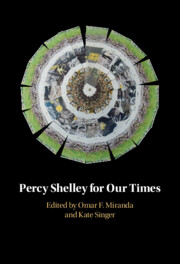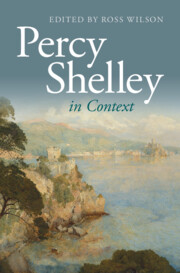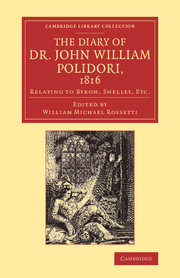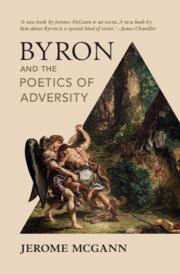Percy Shelley for Our Times
Two centuries after Percy Shelley's death, his writings continue to resonate in remarkable ways. Shelley addressed climate change, women's liberation, nonbinary gender, and political protest, while speaking to Indigenous, queer/trans, disabled, displaced, and working-class communities. He still inspires artists and social justice movements around the world today. Yet Percy Shelley for Our Times reveals an even more farsighted writer, one whose poetic methodology went beyond the didactic powers of prophetic art. Not historicist, presentist, or transhistorical, Shelley 'for our times' conceives worlds outside himself, his poetry, and his era, envisioning how audiences connect and collaborate across space and time. This collection revitalizes a writer once considered an adolescent of idealist protest, showing how his interwoven poetics of relationality continually revisits the meaning of community and the contemporary. This title is part of the Flip it Open programme and may also be available Open Access. Check our website Cambridge Core for details.
- Makes Shelley not merely accessible but also exciting and relevant to new and future generations of readers
- Reframes Shelley not simply as a radical or idealist poet but as a great thinker of relationality, whose poetry and prose invented a method to think and connect with audiences across times and spaces
- Shows audiences within and beyond academia new ways to connect nineteenth-century writing to our own age in the absence of easy analogies between time periods
Reviews & endorsements
‘A fresh, spirited collection that roundly demonstrates the contemporaneity and diversity of ‘Shelley’ – not by asserting that the master Poet contains multitudes, but by centering the unforeseen readers and writers who did, still, and will bend his restless verses to unforeseeable ends. ‘Indianized,’ disabled, unsexed, bewitched, rewilded, exiled, and intra-active, the Shelleyan corpus emerges anew, ‘for our times,’ even as the volume’s many voices never cease to ask for whom it remains ‘a book sealed.’’ Amanda Jo Goldstein, Associate Professor of English, University of California, Berkeley
‘This timely collection offers readers a Shelley who resists in both form and philosophy any easy political assignations, provoking instead a reimagining of our own assumptions about what Romantic poetry, and its criticism, can do in the world.’ Jonathan Mulrooney, Professor of English, College of the Holy Cross
‘This uniformly stimulating collection of essays, expertly curated by Omar F. Miranda and Kate Singer, offers a rigorous assessment of Percy Shelley's work and influence 200 years after the first posthumous edition of his poems was published. Brave, self-aware, and critically engaged, the contributors address the spectrum of Shelley's writings, reflecting richly and refreshingly on how their complexity may be read today.’ Michael Rossington, Professor of Romantic Literature, Newcastle University, UK
‘This illuminating volume takes up the question of what Shelley is, not ‘to’ us, but, more dynamically, ‘for’ us. How might Shelley’s relational poetics provide us with methods and strategies for engaging the challenges of our own historical moment? The path-breaking, wide-ranging essays included here tease out the ways in which Shelley’s work – especially, its limning of alternative modes of bodily and collective being – can propel, direct, and respond to our own efforts to think through the crises of ‘our times.’’ Karen Swann, Professor of English, Emerita, Williams College
Product details
March 2024Hardback
9781009206532
306 pages
235 × 158 × 22 mm
0.6kg
Available
Table of Contents
- Notes on contributors
- Acknowledgements
- Abbreviations
- Introduction: Percy Shelley's involving poetics of relationality Omar F. Miranda and Kate Singer
- 1. Shelley, treaty-making, and Indigenous poetry Nikki Hessell
- 2. Waiting for the Revolution: age, debility, and disability in The Triumph of Life Fuson Wang
- 3. 'A Chamæleonic Race': Shelley and the discourses of slavery Mathelinda Nabugodi
- 4. Dream defenders and the inside songs Julie A. Carlson
- 5. Radical suffering: Shelley's legacy in nonviolent revolution James Chandler
- 6. Loathsome Sympathy: Shelley's The Cenci and the Problem of Empathy Alan Richardson
- 7. Hopeless romanticism Gerard Cohen-Vrignaud
- 8. Percy Shelley's sad exile Omar F. Miranda
- 9. Shelley in the overgrowth Ross Wilson
- 10. Creatrix witches, nonbinary creatures, and Shelleyan transmedia Kate Singer
- 11. Action at a distance: communication and material entanglement in Queen Mab and The Mask of Anarchy Mary Fairclough
- 12. Educating the imagination / defending Shelley defending Joel Faflak
- Further reading bibliography
- Index.






